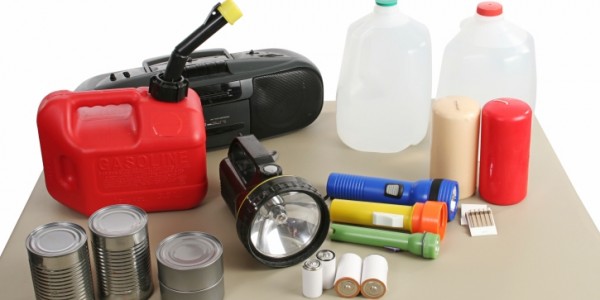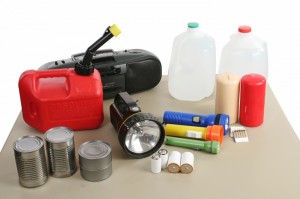Ready, set, prepare! Complete the scavenger hunt for a chance to win a prize
Emergency Preparedness Week (EP Week) is a national awareness initiative that has taken place annually since 1996. EP Week encourages Canadians to take three simple steps to become better prepared to face a range of emergencies:
- Know the risks specific to your community
- Develop a family emergency plan and practice it with all household members
- Prepare emergency kits for your home, vehicle and work
Know the risks
In BC, we face a number of natural hazards, which can vary from region to region and knowing what to do is an important part of being prepared. You need to understand what you are preparing for so you can learn how to respond effectively. Some of the hazards are:
– Severe storms
– Earthquakes
– Floods
– Chemical spills
– Pandemic
– Landslides
– Etc….
Make a family emergency plan
Every family should have an emergency plan that all members of the household are familiar with. By having an emergency plan it will reduce the anxiety or stress following an event. Some of the items that should be included in your emergency plan are:
– Out of area contact (someone with a different area code, not Vancouver Island!)
– A meeting place near home, but away from potential danger
– Enough food and water for each member of your family and your pets
– Learn about emergency procedures in your child’s school or daycare
– Know how & when to shut down your utilities if necessary
– What to do if you cannot flush your toilet?
– Make sure you have flashlights and battery operated radio, as well extra batteries
– Have cash available in your emergency kit
Purchase or build emergency kit
Whether you need to shelter at home during an emergency, are without power or other utilities, or need to evacuate on short notice, organize enough supplies to sustain you and your family for a minimum of 72 hours. Your emergency supplies should include: enough food and water for everyone in your family, a battery-operated radio, flashlights, adjustable wrench, shovel, and a first aid kit. For a complete list of emergency supplies for your home, vehicle and at work, and tips on how to store and maintain your kits check out the Emergency Supply Kit page on VCH Connect for additional information on how to build a kit, where to buy supplies and completed kits.
Complete the EP Week Scavenger Hunt for your chance to win a fabulous prize for your emergency kit. Open the Scavenger Hunt entry form right now.
For more information, please visit VCH Emergency Management’s website or contact your Emergency Management Coordinator.
Remember Emergency Preparedness begins with you!


